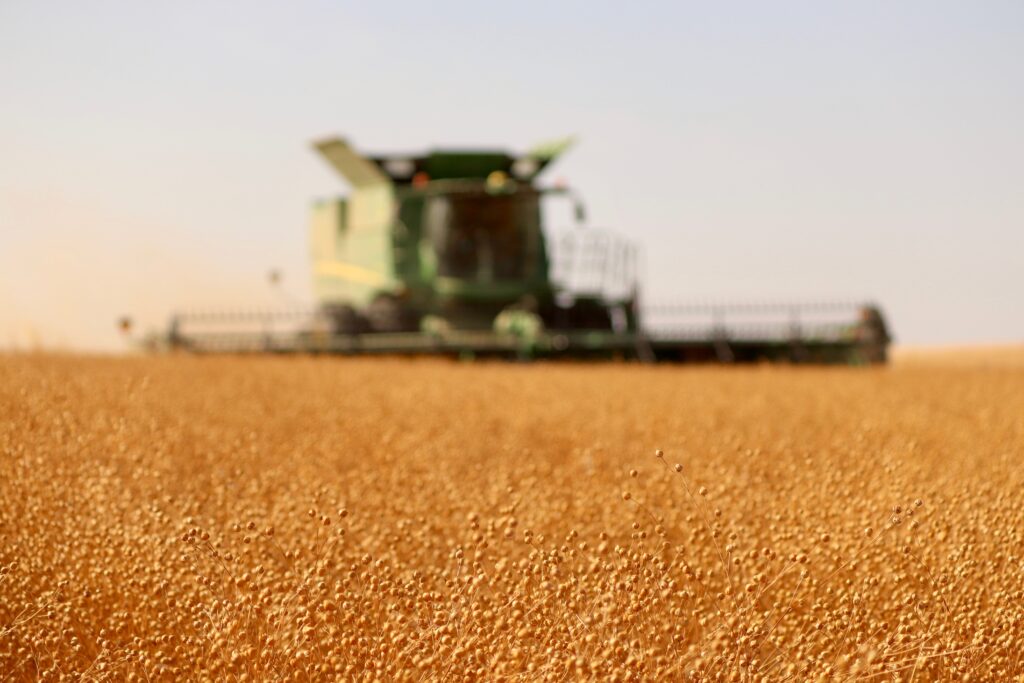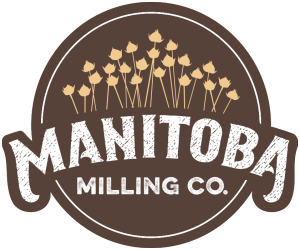Flax: An Incredibly Sustainable Plant
Sustainability is a hot topic this year. And for good reason. The majority of consumers (60% to be exact) are now specifically seeking out more sustainable products.
Sustainability is a broad and complex topic, but ultimately is defined as: avoidance of the depletion of natural resources in order to maintain an ecological balance. Growing sustainable crops focuses on soil health and biodiversity.
We prioritize sustainability not only for the environmental impact, but also for the quality and health of our products both now and in the future.
Flaxseed is an incredibly hearty and sustainable plant and offers many environmental benefits. Take a look at how flaxseed contributes to a healthier planet below.

No Irrigation Needed
Did you know that flaxseed does not require irrigation? It’s true. Flax plants grow quick and healthy without dousing them with water.
Naturally Pest Resistant
Flax plants are naturally pest resistant, therefore, there is no need to use pesticides on them.
Non-GMO
Flax is also Non-GMO, meaning it is grown naturally and doesn’t use genetic mutation for the health or enhancement of the crops. Manitoba Milling Flaxseed is Non-GMO Project Verified, you can learn more about the Non-GMO Project Verifed label here.
Crop Rotation & Soil Health
Certain plants take certain nutrients out of the soil in order to grow. So each year we test our soil to determine which crops to grow where. If we were to grow flaxseed in the same field year after year, we would not get the same healthy, high-quality flax product you expect from us.
This year, actually, we have rotated our crops and are growing Manitoba Milling Co. Flaxseed on our cousin’s farm. Take a look at the photo below. This was taken recently on our cousin’s farm during harvest.

